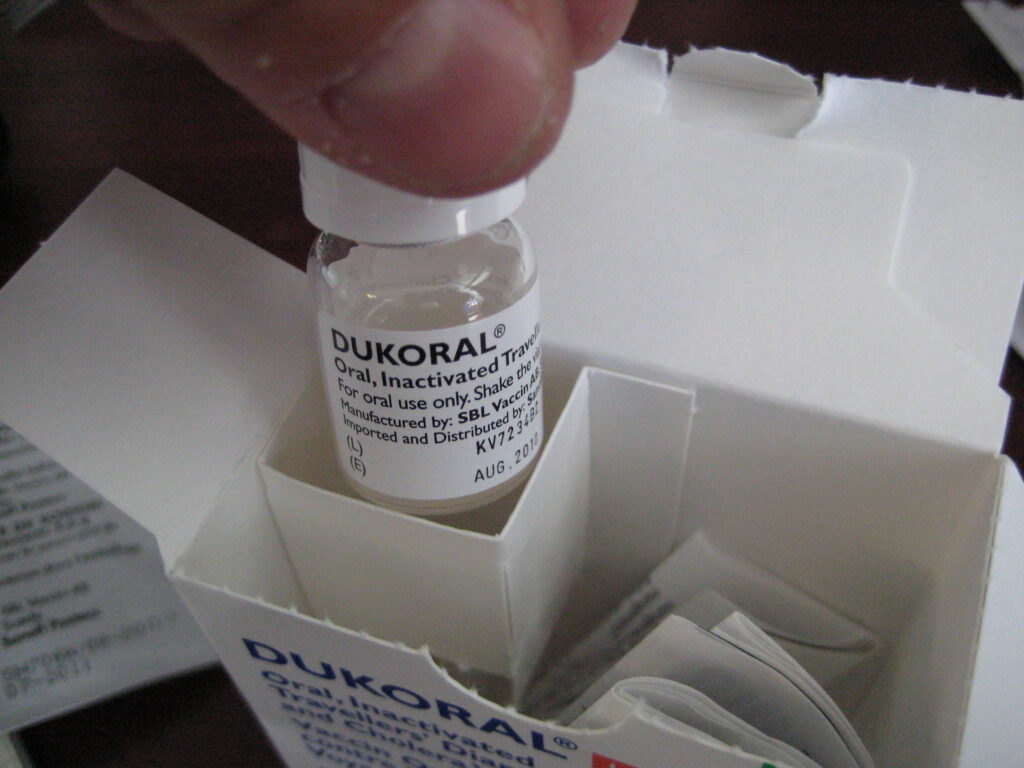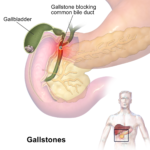Cholera, an acute diarrheal illness caused by the bacterium Vibrio cholerae, remains a significant global health challenge. With the potential to cause severe dehydration and death if untreated, cholera disproportionately affects populations in regions with limited access to clean water and sanitation. Vaccination serves as a critical tool for cholera prevention and control, complementing other public health measures.

What Is Cholera?
Cholera is transmitted through the ingestion of contaminated food or water. Symptoms range from mild to severe and include watery diarrhea, vomiting, and rapid dehydration. Without timely treatment, severe cases can result in death within hours. Prevention is heavily reliant on improving sanitation, providing access to clean water, and implementing vaccination programs.
The Importance of Cholera Vaccination
Vaccination is an effective strategy to reduce cholera incidence, especially during outbreaks or in high-risk areas. It provides a layer of protection while efforts to improve water and sanitation infrastructure are underway. Vaccination also plays a crucial role in minimizing the spread of outbreaks in emergency settings such as refugee camps or areas affected by natural disasters.
Types of Cholera Vaccines
1. Oral Cholera Vaccines (OCVs)
Oral cholera vaccines are the most widely used due to their ease of administration and proven efficacy. These vaccines include:
- Dukoral: Approved for individuals aged two years and older, Dukoral offers protection against Vibrio cholerae O1. It requires two doses, taken one to six weeks apart.
- Shanchol and Euvichol-Plus: Targeting Vibrio cholerae O1 and O139, these vaccines are prequalified by the World Health Organization (WHO) and used in mass vaccination campaigns. Both vaccines require two doses, administered two weeks apart.
2. Injectable Cholera Vaccines
Injectable vaccines were commonly used in the past but are now largely replaced by OCVs due to their superior efficacy and ease of deployment.
How Cholera Vaccines Work
Cholera vaccines stimulate the immune system to produce antibodies against Vibrio cholerae, reducing the likelihood of infection or severe symptoms upon exposure. While the duration of protection varies by vaccine, booster doses may be required to maintain immunity in endemic regions.
Who Should Get Vaccinated?
1. At-Risk Populations
- Residents of cholera-endemic areas
- Travelers to high-risk regions
- Refugees and internally displaced persons in outbreak settings
2. Emergency Responders
Healthcare workers and aid personnel deployed to areas with active cholera transmission are also recommended to receive vaccination.
Benefits of Cholera Vaccination
- Reduced Morbidity and Mortality: Vaccination lowers the risk of severe illness and death.
- Outbreak Control: Mass vaccination campaigns can rapidly curb the spread of cholera during emergencies.
- Herd Immunity: Widespread immunization can indirectly protect unvaccinated individuals by reducing transmission.
Potential Risks and Side Effects
Cholera vaccines are generally safe and well-tolerated. Common side effects include mild gastrointestinal discomfort, headache, or fatigue. Severe adverse reactions are rare but should be reported to healthcare providers.
Cholera Vaccination in Global Health Initiatives
Organizations like the WHO and Gavi, the Vaccine Alliance, are pivotal in deploying cholera vaccines in vulnerable regions. The Global Task Force on Cholera Control (GTFCC) aims to reduce cholera deaths by 90% by 2030, with vaccination as a cornerstone of this strategy.

